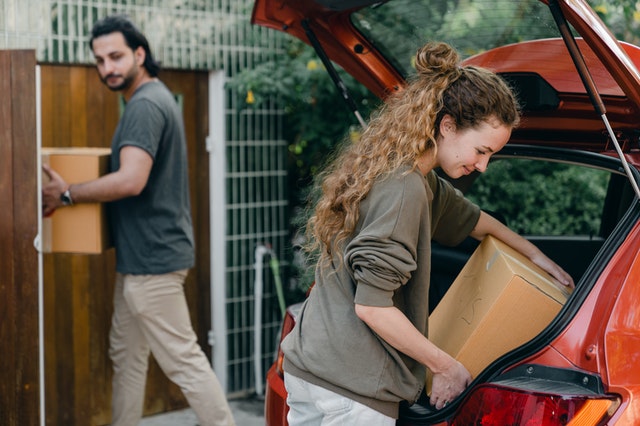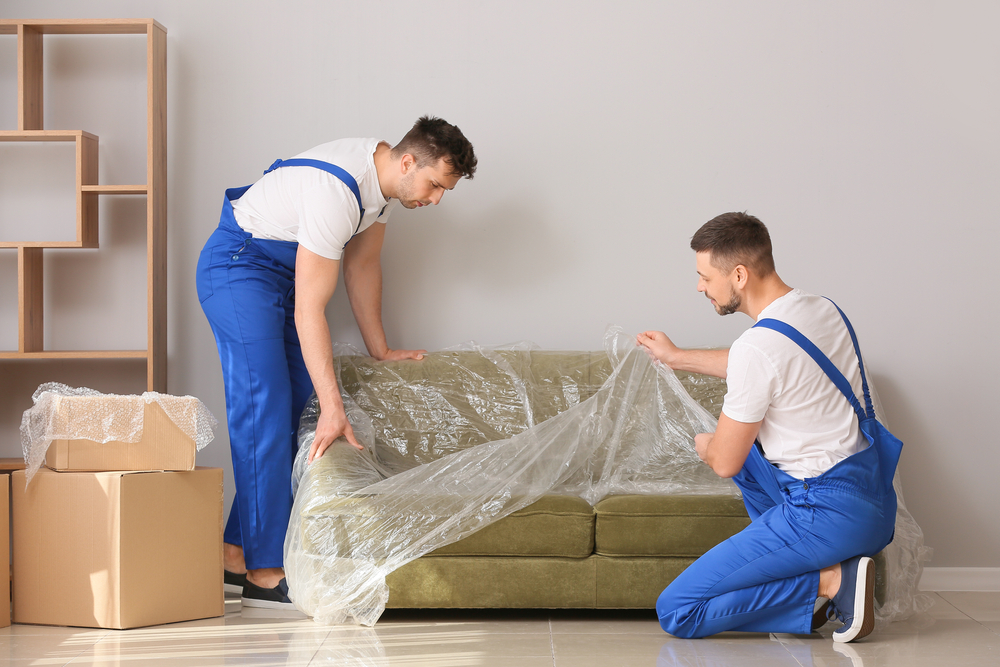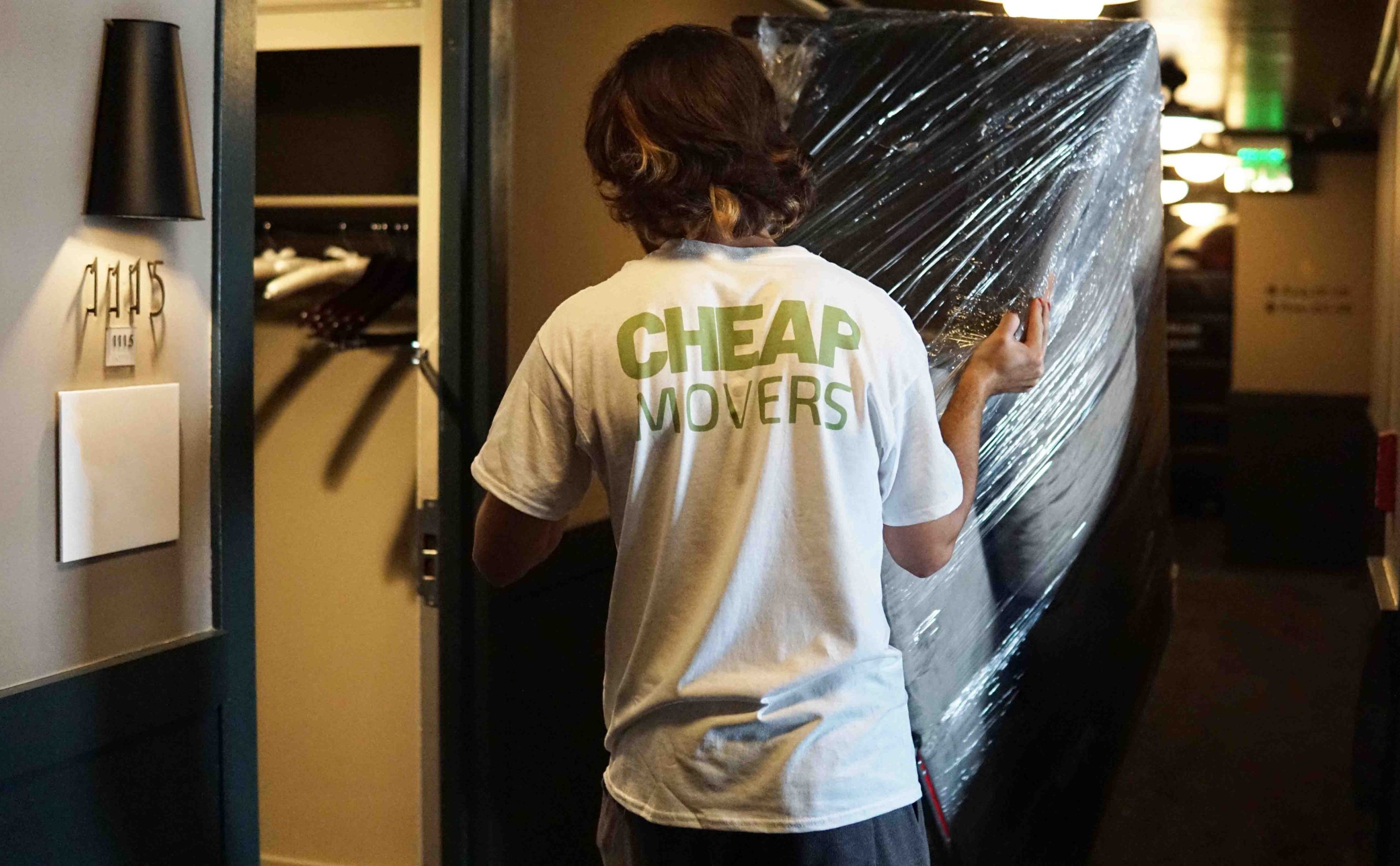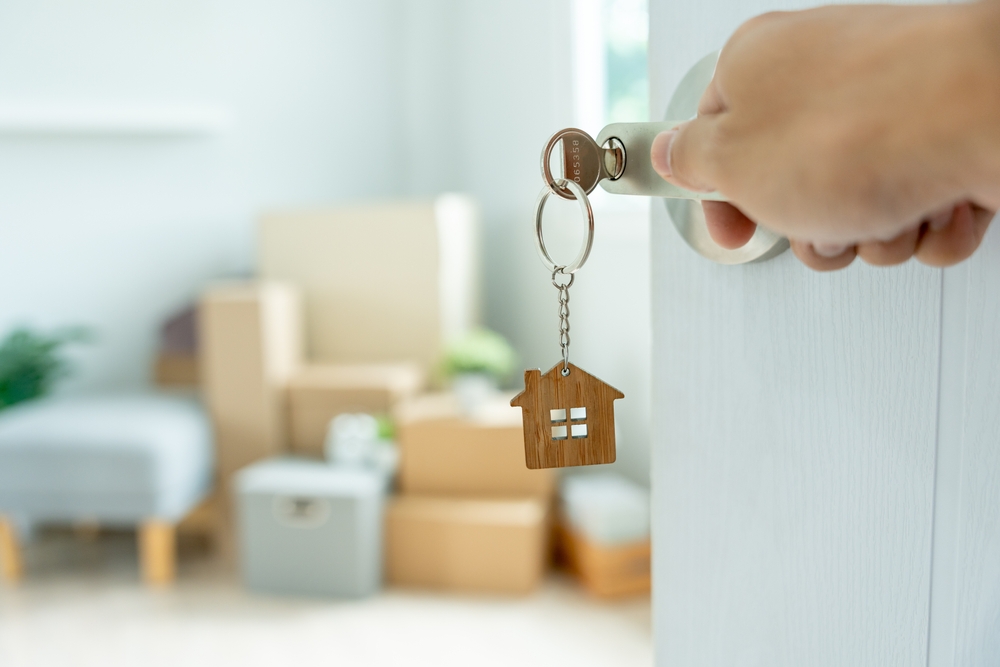How to Stay Organized When Moving: Complete Guide
How to stay organized when moving? Even under the best of circumstances, moving can be physically and psychologically exhausting, and the current COVID-19 epidemic adds to the mix. In addition, the social distance suggestions indicate that you’ll need greater cooperation to handle your relocation and keep yourself and your employees safe.
One of our services as expert moving company is to manage the relocation process for our customers. Here are seven tips we employ to keep our clients organized — and those we recommend you utilize if you’re moving, pandemic, or not.
Make a Master Plan and a Timetable
Before you begin any phase of the moving process, make sure you have a clear image of all the tasks that must be accomplished and all of the individuals engaged in each step. I propose creating a spreadsheet or an event calendar to keep track of the general timeframe and your present work.
A well-thought-out strategy can save you from becoming engrossed in or forgetting minor issues. It’s also easier to distribute chores and manage the many teams in your home if you have a plan. I recommend including essential players’ contact information in your timetables, such as your real estate agents, packers, movers, inspectors, architects, and designers.
Real estate agent meetings, packing deadlines, moving dates, inspection visits, donation pickups, garbage disposal, and utility cancellations and setups are just a few examples of tasks to add to your spreadsheet or calendar. I also recommend that you make to-do lists for each of these chores.
Get Rid of Stuff Before You Move
Packing may be a difficult task. Most individuals must choose which objects to transfer and which to discard. This may be extremely draining, significantly if you’re downsizing and have acquired a lot of stuff over the years. After you’ve relocated, your initial reaction could be to pack everything and go through your property. But, before you move, I recommend doing the hard job of decluttering.
Unpacking in your new house can be more efficient and less hectic if you declutter before you move. Furthermore, many people may not feel compelled to declutter immediately following a relocation. Instead, they wind up holding unopened boxes for extended periods, wasting precious space that could be put to better use. Furthermore, most moving firms charge by the pound. If you need to declutter but aren’t sure where to begin, consider if you appreciate an item enough to spend money relocating it.
Beginning your decluttering procedure as soon as feasible is a good idea. It may take longer than you think, but spacing out the task can help you avoid tiredness. Of course, you won’t be able to settle on every item ahead of time, so do everything you can to eliminate undesirable items before your move.
Get Rid of Unwanted Objects in Your Home
I don’t feel relieved until the objects are removed from my home when I declutter. During a relocation, this emotion may be amplified. You’ll have more room to focus on what you want to keep once you’ve gotten rid of the things you don’t want. You’ll also avoid the risk of unintentionally transporting undesired items to your new house. Although the epidemic makes it more challenging to get rid of useless stuff, there are still plenty of options:
Items that belong to others should be returned. Many people have non-personal goods in their homes, such as cooking containers, tools, books, and clothing. I suggest you collect all of these goods and return them to their rightful owners. This also applies to stuff left behind by your grown children. Allow them to pick up their belongings or permit you to dispose of them.
NGOs are non-profit organizations. You didn’t have to organize your drop-offs to charity groups ahead of time before COVID-19. However, it may be more challenging to find an open venue now, so inquire ahead of time about your local organization’s hours and pandemic-related rules.
Keep track of the boxes you’ve packed
When you’re ready to begin packing, set aside some time to keep track of everything you’ve brought. This will make it easy to instruct movers when they unload at your new house or know where to place stuff if you’re moving your boxes yourself.
Pack only what you’ll need for the first several days.
You may want to bring a few things with you to help you through the first few days in your new house without having to open a lot of boxes. Label these boxes “Pack Last,” The movers will load them last, meaning they’ll be the first ones off the truck. Of course, if your relocation will take more than one day, some of these goods will need to accompany you and will not be placed into the truck.
Keep your most valuable possessions on you at all times.
Some objects should always be kept with you during relocation and should not be left behind. These would include items such as:
Passports, deeds and trusts, birth certificates, and Social Security cards are important papers.
Medications
Charger and mobile phone
Work laptops and chargers are examples of electronic gadgets and chargers.
Cash, checkbook, credit, and ATM cards are all acceptable payment methods.
Keys
Conclusion
How to stay organized when moving? Moving is a massive undertaking that demands big-picture planning and meticulous attention to detail. Yet, nobody should have to do anything by themselves!
Accept aid from friends and family who give it graciously, even if it’s only asking them to drop over dinner on moving day. In addition, entrusting certain aspects of your relocation to experts such as home organizers, experienced packers, and move managers, if your budget permits, may alleviate your stress and keep you sane throughout the process.




